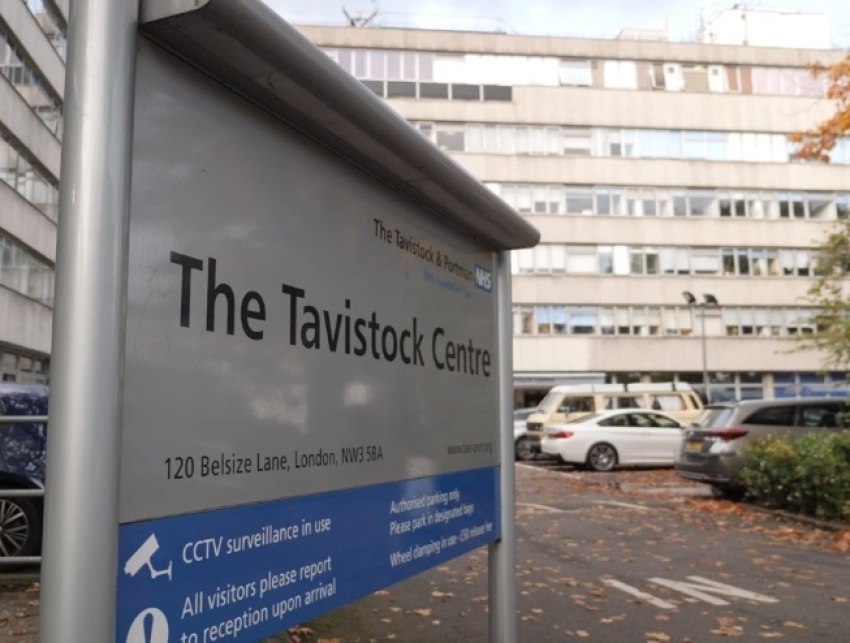NHS reviewing rules allowing kids to start gender transition without parental approval

Amid an ongoing court case scrutinizing the use of puberty-blocking drugs on minors who self-identify as transgender, the U.K.'s National Health Service is revisiting its rules that allow children to take experimental drugs without parental approval.
Youth who are diagnosed as having gender dysphoria or show signs of distress about their bodies are permitted to begin transitioning after as few as three therapeutic assessments and without parental input or approval, The U.K. Sunday Times reports.
Expert sources told the outlet that the advice given within The Tavistock and Portman NHS Foundation Trust in north London, the U.K.'s lone gender identity clinic, lacks scientific evidence and comes "from clinicians with close links to transgender groups.
"Existing NHS treatment draws heavily on international guidelines that recommend approaches in care for gender dysphoria. An NHS contract with the Tavistock trust issued in 2016 says that it will 'conform' or 'broadly conform' to standards of care issued by the World Professional Association for Transgender Health in 2012. These say that they reflect the best available science and 'professional consensus," the U.K. Sunday Times added.
Dysphoric youth are encouraged to develop "autonomy" in making decisions, self-declare their gender status, and can use hormone blockers as early as age 12. Most youth who begin down the path with puberty suppressants go on to cross-sex hormones and many pursue surgery.
The review of the regulations comes on the heels of an announced review of experimental hormone drugs by a team of doctors, the findings of which will be published later this year.
Both the review of the NHS rules about when children can begin transitioning and the heightened attention to the medicalization surrounding transgender identities is believed to be occurring in part because of recent developments in a court lawsuit against the Tavistock clinic.
Keira Bell, a 23-year-old claimant in the case that was brought by former NHS psychiatric nurse Sue Evans, underwent a medicalized gender-transition during her teen years and now says it was "torturous and unnecessary" and handled unprofessionally, that the risks of the drugs were not adequately explained.
Critics of the medicalization of gender have noted that WPATH is a highly politicized organization that has co-opted the more purportedly mainstream professional medical societies.
"What they did very cleverly was get involved with the largest global professional organization representing the field of endocrinology, called the Endocrine Society," said Dr. Michael Laidlaw, an endocrinologist in Rocklin, California, in a 2018 interview with The Christian Post about Lupron, a hormone blocker now being used to treat gender dysphoria despite lack of FDA approval for that purpose.
"The Endocrine Society put out guidelines for everything to do with gender affirmative therapy from medications to surgical treatments for adults and children in 2009 and then revised them in 2017."
Lupron is often used to treat prostate cancer; the drug blocks the flow of testosterone over the prostrate in order to starve prostate cancer tissue. It is also used to treat endometriosis in women.
"There have been few physicians willing to stand up and say, 'We need to question this, there is something wrong here. Why are we using cancer drugs on kids without cancer and stopping normal puberty?" he said.



























